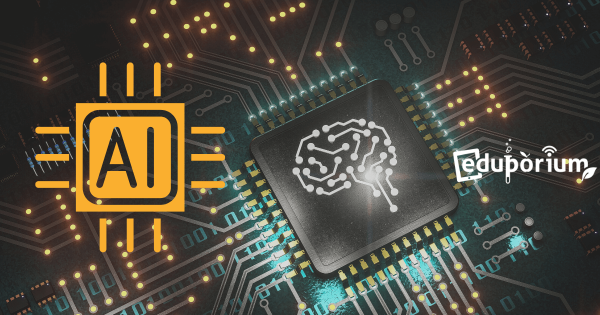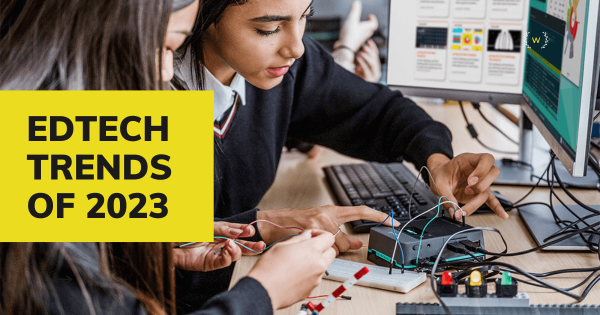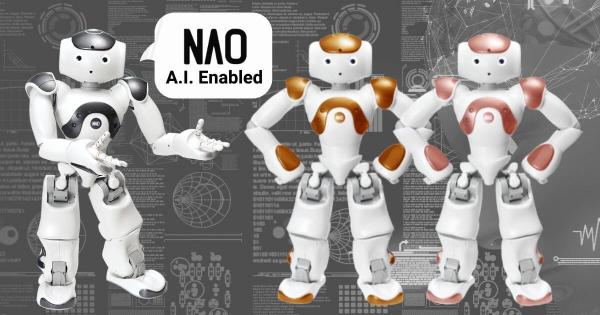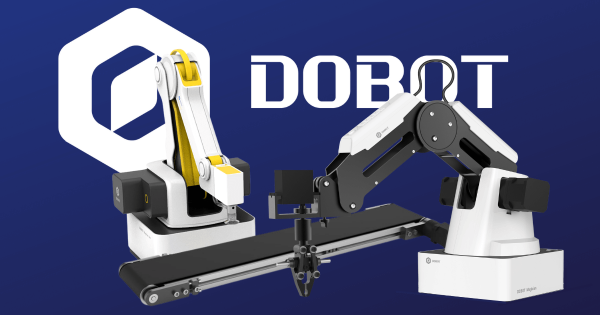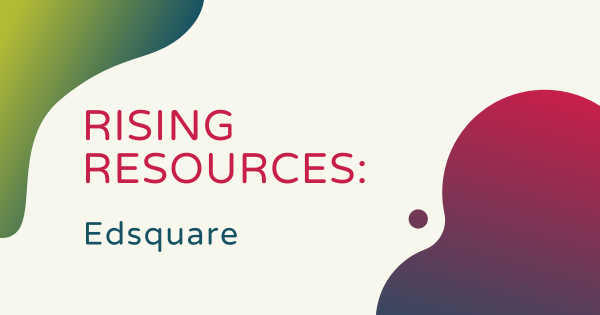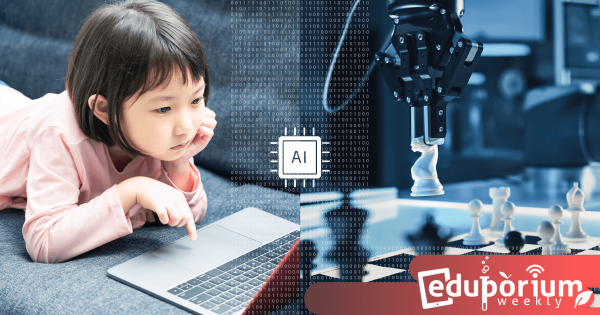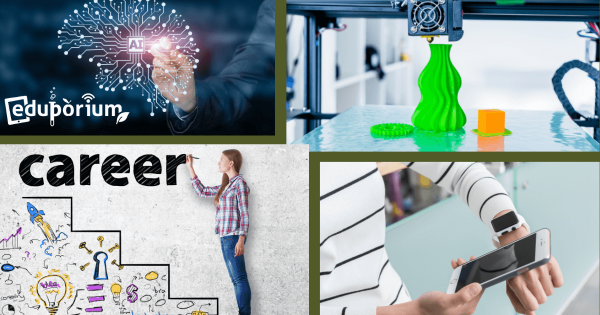The term artificial intelligence typically refers to the computer systems that are capable of efficiently completing tasks that should normally require the use of human intelligence. As educational leaders continue exploring some of the various avenues—popular or not—of bringing it into classrooms, the hope is that it extends educator efficiency and helps student achievement.
Artificial Intelligence
Whether it is in the classroom or the real world, artificial intelligence is making a noteworthy impact. Already a household topic within STEM education, the presence of artificially intelligent machines is certainly growing fast. Plus, it's not necessarily too overwhelming for students to grasp. When we think about it, kids now start interacting with AI from the early stages of their lives. They are constantly seeing AI help them out on web pages and even make their daily lives easier by contributing to various functions on their smartphones. So, by the time they reach middle school, many students are ready and eager to explore artificial intelligence. The question for educators, however, then involves how to effectively introduce this vast and incredibly young field. And, one of those answers involves integrating some principles of AI in STEM and computer science lessons.
Since it's now a huge piece of the technology sector, more educators are introducing artificial intelligence in their STEM programs. This doesn't have to necessarily always involve an entire class or curriculum dedicated to AI, however. Using certain classroom solutions, students can get a feel for what this technology is all about. Whether educators weave it into CTE programs when teaching about automation or create connections to the more advanced robots and their behaviors, the applications of artificial intelligence are set to evolve rapidly. Thankfully, it's very much possible to start these discussions and even create hands-on, up-close learning opportunities for students. And, as time marches on, we just might see artificial intelligence creep into every curriculum, especially since it already plays a role in helping teachers personalize learning.
-
2023 In Review: EdTech Trends We Tuned Into
The year 2023 is over, but those educational movements that shaped it will continue to impact students in 2024—and beyond. Advances across many key areas, like artificial intelligence, stood out among big EdTech trends for 2023, while personalized learning, cybersecurity, and teacher burnout were also big, and drones, 3D printers, and VR came more into focus.
-
Panel: Women In STEM On The Ethics Of AI
Last week, at the Boston Museum of Science, their Women in Science and Engineering (WISE) initiative hosted a panel on Women in AI. The panelists discussed the need for added diversity in AI and the significance of ethical issues surrounding how people use artificial intelligences. They also added their insights on how to use AI tools effectively and safely in the classroom.
-
Guest Blog: Writing & Plagiarism With ChatGPT
With AI tools like ChatGPT expanding in popularity, many teachers are now worried about their potential use as a plagiarism tool. One educator who is keeping an eye on that very issue is Daniel Sabol, a teacher and a librarian who’s passionate about teaching all students to properly use and cite their sources. Here’s his tips for detecting plagiarism with the Turnitin platform.
-
Meet The New Student, ChatGPT: Adapting To AI In Education
ChatGPT’s vast knowledge base and uniquely effective imitation of human writing styles make it a powerful tool for both educators and students. But, as a lot of students employ ChatGPT as a homework aid, some educators are wondering whether its disadvantages outweigh its uses. Let’s see what ChatGPT can—and can’t—offer to kids in 21st century education.
-
NAO Robot Programming And The NAO AI Edition
Unlike with the previous NAO V6, the AI Edition is more suited for students in higher education or any who have enrolled in CTE pathways programs in high school. It is designed to help these students explore a variety of more advanced technology concepts in addition to the crucial SEL connections educators could establish using the previous NAO Robot versions.
-
Get To Know The Dobot Software And Educational Robot Arms
Consisting of robot arms, AI kits, and accessories, these technologies help inject additional real-world relevance and rigor into your high school STEM and CTE programs. From the Dobot Magician and AI kits to their conveyor belts and sliding rail accessories, students can truly get a feel for the world of automation, simulate AI experiences, and program robotic behaviors.
-
Rising Resources | Learning Data Science with Edsquare
The courses within Edsquare are designed largely for students. As they say, however, teachers can also feel free to try them. There are a lot of opportunities for them to learn about contemporary skills and developing technologies. At the moment, there are two main courses available on the Edsquare platform, focusing on AI and its role in machine learning.
-
Eduporium Weekly | AI in Remote Learning and Education
AI is a technology that’s made a pretty substantial impact on our lives—whether we realize it or not. Educators are now relying on technology to teach more than they ever have and, before we dismiss how AI can play a role, it might be worth knowing more about just what that role is and how it can help teachers and students as they navigate distance learning
-
Eduporium Weekly | Reviewing The Biggest Topics Of 2019
It’s the last Eduporium Weekly post of the year and, as we get set to see what excitement 2020 will bring for us and the education community, we’re looking back at the most impactful topics we covered this year. Like every year, there were, of course, some important points to be made and key topics to be discussed by educators and educational leaders.




